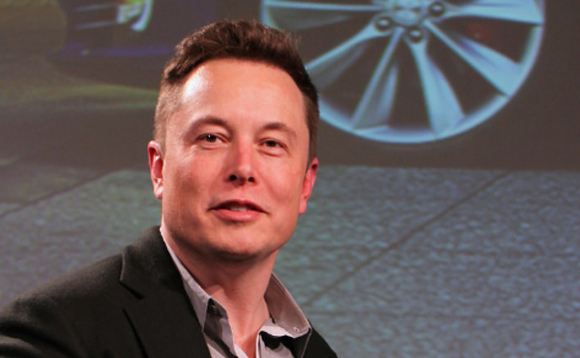Eccentric billionaire Elon Musk has purchased social media platform Twitter for $44bn, or $54.20 per share, in a move that has been described by commentators as a "long-standing soap opera with a twist at the end".
Yesterday evening (25 April), the Tesla founder's offer to purchase the entirety of the company was accepted by its board, less than four weeks after he purchased a 9.2% stake in the company. On the 10 April, it was confirmed that Musk would not be taking a position on the firm's board, which indicated he planned to make a bid for the company.
This was confirmed on 14 April, when Musk offered to buy Twitter for $41bn in what was described by investment professionals as a "deeply hostile" takeover bid, given he threatened to reconsider his existing stake if his proposal was rejected.
Less than two weeks later, his proposal has now been accepted. Having temporarily been suspended for trading as the announcement was made, Twitter's share price rose by 5.9% to $51.79 shortly afterwards.
Musk then tweeted: "Free speech is the bedrock of a functioning democracy, and Twitter is the digital town square where matters vital to the future of humanity are debated."
Neil Campling, head of TMT Research at Mirabaud Equity Research, still expects to see Twitter miss numbers later this week given its "well-documented struggles" to monetise its platform.
"We wouldn't be surprised if Musk walks away at the 11th hour (with 59 minutes and 59 seconds on the clock) to 'make a point'. We wouldn't be surprised if he did something like install Donald Trump as CEO. We wouldn't be surprised by anything," he warned.
"Musk is flaunting his power. Musk is flaunting his influence. But [his deal tweet] could also face an argument that Twitter is not a digital town square but more like a small digital village with Musk as the town crier who is making public proclamations just like the original town criers - shouting in the streets to those that hear it, but the majority are outside of the village where most can't hear, and find many other villages, towns and cities that offer other debates."
He added the CEO is wasting a "vast sum of dollar capital and intellectual capital on a glorified mass messaging platform that has never been able to reach monetisation scale, with no discernible moat".
Susannah Streeter, senior investment and markets analyst at Hargreaves Lansdown, said Musk "clearly wants Twitter to adopt a hands-off approach when it comes to moderation under his ownership".
"But just how he will avoid a collision course with regulators isn't clear given that he will own the platform he uses to make sweeping criticisms of the way they operate," she reasoned. "The challenge will also be maintaining and building revenue given that the controversial opinions he hopes to give more of a free rein to are often unpalatable to advertisers.
"He clearly sees introducing more subscription models as the way forward, but the risk is today's regular users may just end up paying to receive more abuse, which does not bode well for long-term retention of the moderate Twitterati."
On the other hand, Streeter said Musk's reputation as a controversial figure "may prove to be irresistible entertainment" for Twitter users.
"If this deal goes through, Musk's Twitter is set to take on the heady scent of a sweaty town hall gathering, with combatants keyboard-ready to fire vociferous missives at their opponents," she continued.
"Injecting growth into this new social media boxing ring, and proving it is worth more than its $44bn price tag, is going to be an extremely hard slog in the months and years ahead.
"But it seems promoting free speech rather than focusing on wealth creation is his primary motivation here."
Campling concluded: "Like a long-standing soap opera with a twist at the end of each episode… we have the final episode of Twitter's board accepting the Musk bid. But, ask yourself this - is this really the last episode? Highly unlikely in our view."










